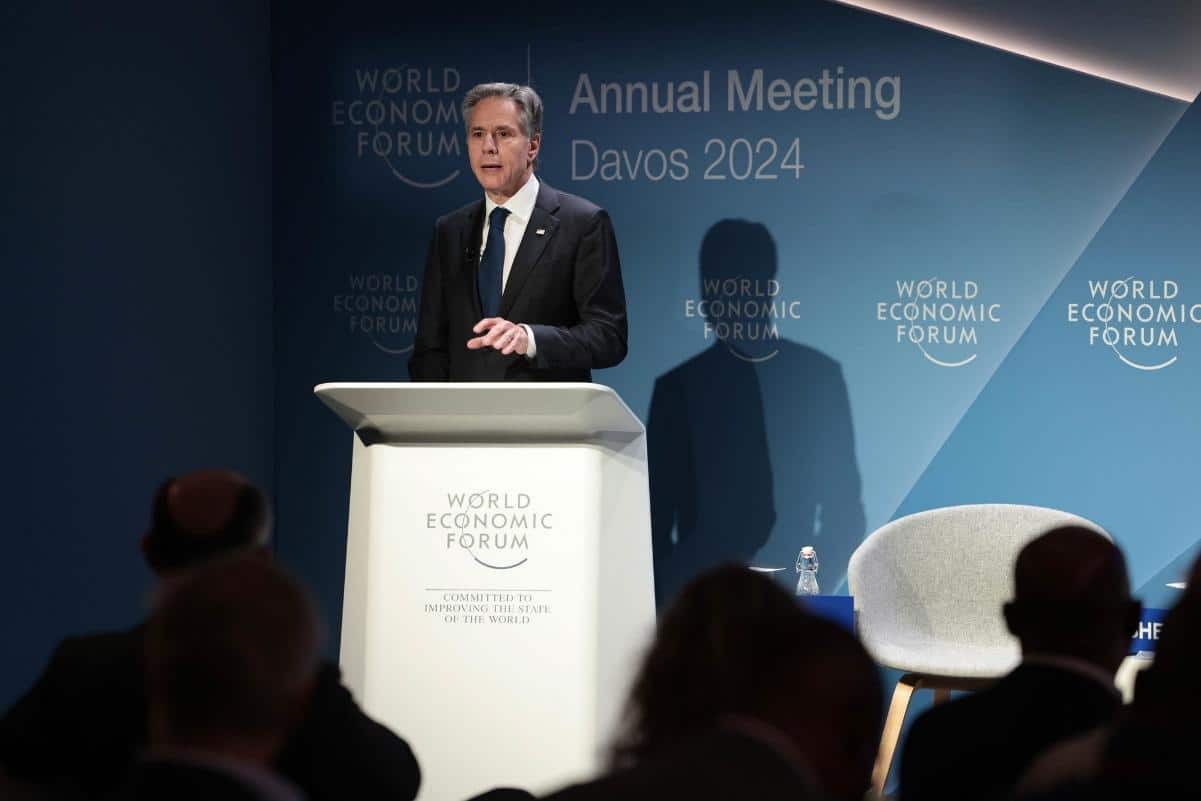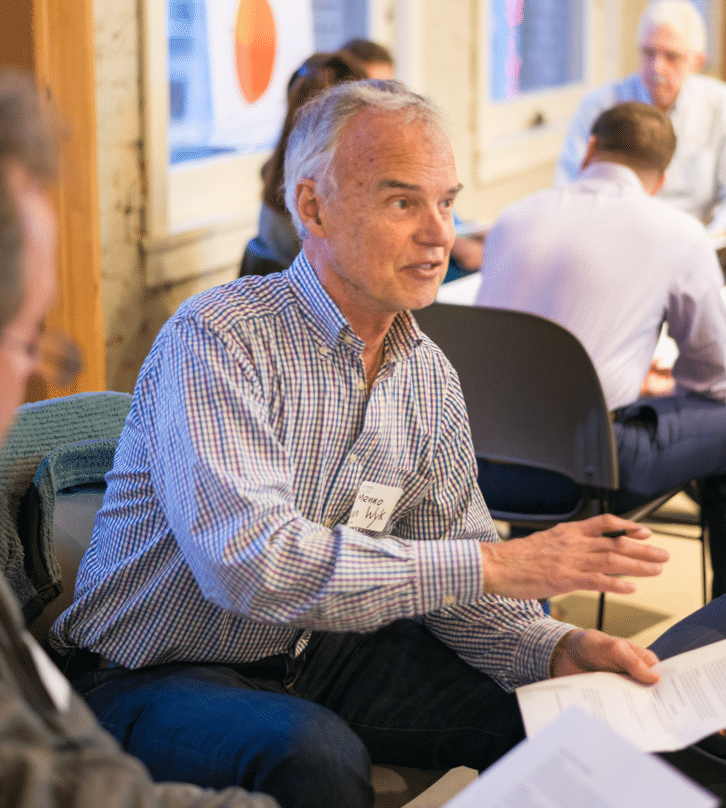Once again, the world’s elite gathered in Davos, Switzerland to attend the World Economic Forum, widely referred to as simply “Davos” for short.
The annual ritual, which one of our board members helped to plan, is famous for world leaders joining with celebrity intellectuals and global business icons to discuss ways they can mobilize to make the world a better place. At past Davos gatherings, panel discussions were held on food security and how to improve the lives and output of developing world farmers. Food and nutrition did not rank high on the agenda at this year’s Davos, unfortunately, save for one session discussing how major corporations could compel big agribusiness to adopt more climate-friendly agricultural practices. However, agricultural soils were a topic of at one Davos session, and a program that Grow Further is participating in earned a mention from the person in charge of it: US Secretary of State Antony Blinken.
Just the VACS
The Vision for Adapted Crops and Soils program, or VACS, was established by the United States Department of State last year. The first of its kind, the VACS program “recognizes private sector and other non-governmental organizations for undertaking projects committed to developing climate-adapted nutritious crop varieties and building, healthy fertile soils.” Grow Further’s participation as one of a handful of VACS Champions was announced back in December at the COP28 international climate change negotiations. Grow Further joined the VACS Champions in recognition of our grant to a project in Ghana seeking to commercialize a drought-resistant “forgotten food” chock full of nutrition.
VACS was brought up again at Davos last week by Blinken, who took the stage to speak on the theme of “treating soil as a precious resource.”
“VACS is part of the USAID’s flagship Feed the Future initiative,” Blinken told the audience. “This is our comprehensive response in the US Government to food insecurity around the world, and the approach that we have is two-pronged.” Those prongs, Blinken went on to explain, involve an above-ground strategy and a complementary below-ground focus. The first part involves “identifying the indigenous African crops that are most nutritious and most resilient to climate change” and then developing and disseminating better varieties of these native African foods for wider cultivation. This is the strategy our partners in Ghana are pursuing now. The below-ground segment, Blinken added, involves “mapping, conserving, building healthy soils.”
Food security is security
As head of the State Department, Blinken is the leader of the VACS program, but he’s left the day-to-day management and oversight of VACS to someone else. “We’ve been incredibly fortunate at the State Department to have one of the world’s leading experts, Dr. Cary Fowler, lead our efforts in helping develop this initiative,” Blinken explained to the Davos crowd. Fowler recently gave a shout-out to Grow Further and its participation in VACS during a talk to reflect on COP28’s historic focus on food and climate-resilient agriculture.
Blinken noted that some might think it odd that America’s top diplomat would be dispatched to Davos to discuss soil conservation, but he insisted that the US government sees the degradation of agricultural soils as a major threat to world security. He argued that food insecurity is a major contributor to social instability and global unrest. In other words, solving the world’s food security and nutrition challenges will deliver positive dividends in the form of more stable societies and less social disorder, he said.
“Soil is literally at the root of many pressing national security challenges that we face,” Blinken said. “This hunger fuels instability, and instability fuels hunger.”
Innovative financing for soil innovation
United Nations officials later took the stage after Secretary Blinken’s talk, including World Food Program Director Cindy McCain and Ibrahim Thiaw, Executive Secretary of the UN Convention to Combat Desertification. They agreed with Blinken that ongoing food security problems will exacerbate conflicts that the UN and others are struggling to contain. Speakers also agreed that not enough has been done to engage smallholder farmers in the fight for better food security, and proposed ways to create better incentives to push small-scale farmers in the direction of soil-conserving farming practices.
Our founder Dr. Peter Kelly has done research on such incentives and found them to be effective, but Grow Further takes a slightly different approach in order to get the best possible returns on contributions. We finance research and development with potential to reach thousands or millions of farms, engaging our donor-members as well as farmers.
— Grow Further
Photo credit: US Secretary of State Antony Blinken talked about the VACS program and the State Department’s concern over soil degradation. Chuck Kennedy/US Department of State.




